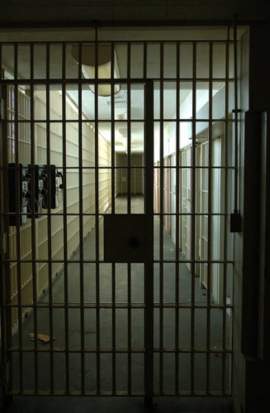
An Explanation of False Imprisonment

Popular In Prison
Juvenile Probation Vs Adult Probation Female Inmates Florida Department Of Corrections Offender Search Inmate Care Packages Death Row Security Levels In Prison Solitary Confinement Retribution Soledad State Prison Mississippi Department Of Corrections Missouri Department Of Corrections Deterrence
False imprisonment can be defined as the restraining of an individual within a particular area without any proper justification or consent. False imprisonment is considered to be a violation of both tort and common law in the United States, and can apply to both governmental agencies as well as private parties. False imprisonment can also be viewed in the eyes of the law in terms of the intent to commit such a crime, and is also punishable by law.
In order for false imprisonment to occur, a person does not necessarily have to be confined to a room or cell. To be falsely imprisoned can be applied in terms of an individual being restricted from their normal actions simply out of fear from suffering injury or harm. An example could be a person that is suspected of shoplifting and is kept within the ground of the business against his/her will. Upon finding no evidence that such a crime has ensued, the person that was involuntarily held can press charges.
False imprisonment that occurs when a government official or agency is involved, such as the local police department, it is considered to be false arrest. This can occur, for example, when a person or suspect is arrested without having the proper warrant issued by the court of law, or by using an invalid warrant.
A person that is falsely imprisoned can bring about charges against such an agency. In order to have a case, the person that is falsely imprisoned must be able to prove that will detention by the opposing party has occurred and was without the consent of the involved individual, and that such detention is not under the authority of applicable laws.
NEXT: Are Psychiatric Evaluations in Prisons Important





















